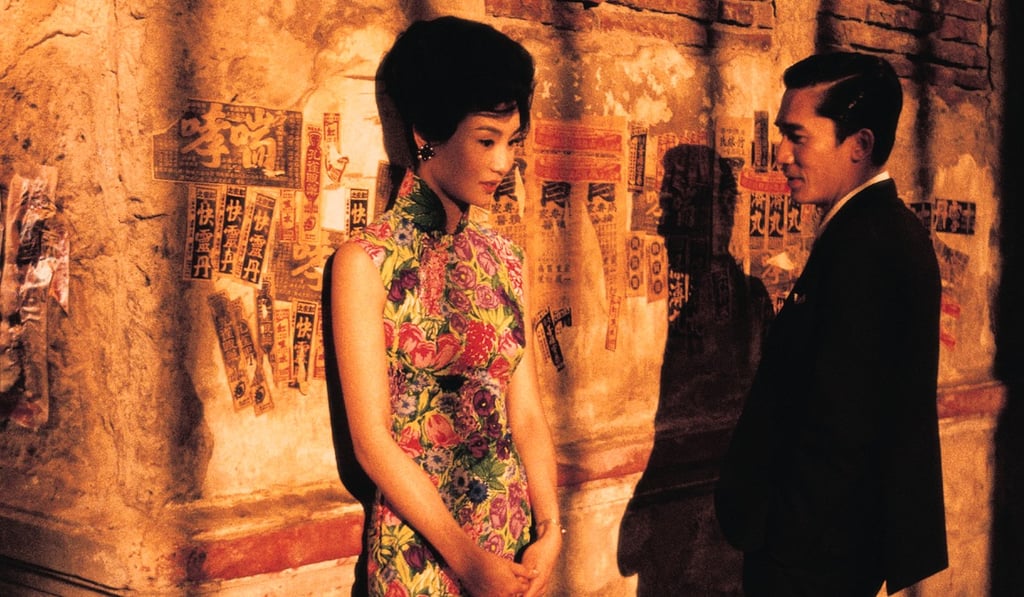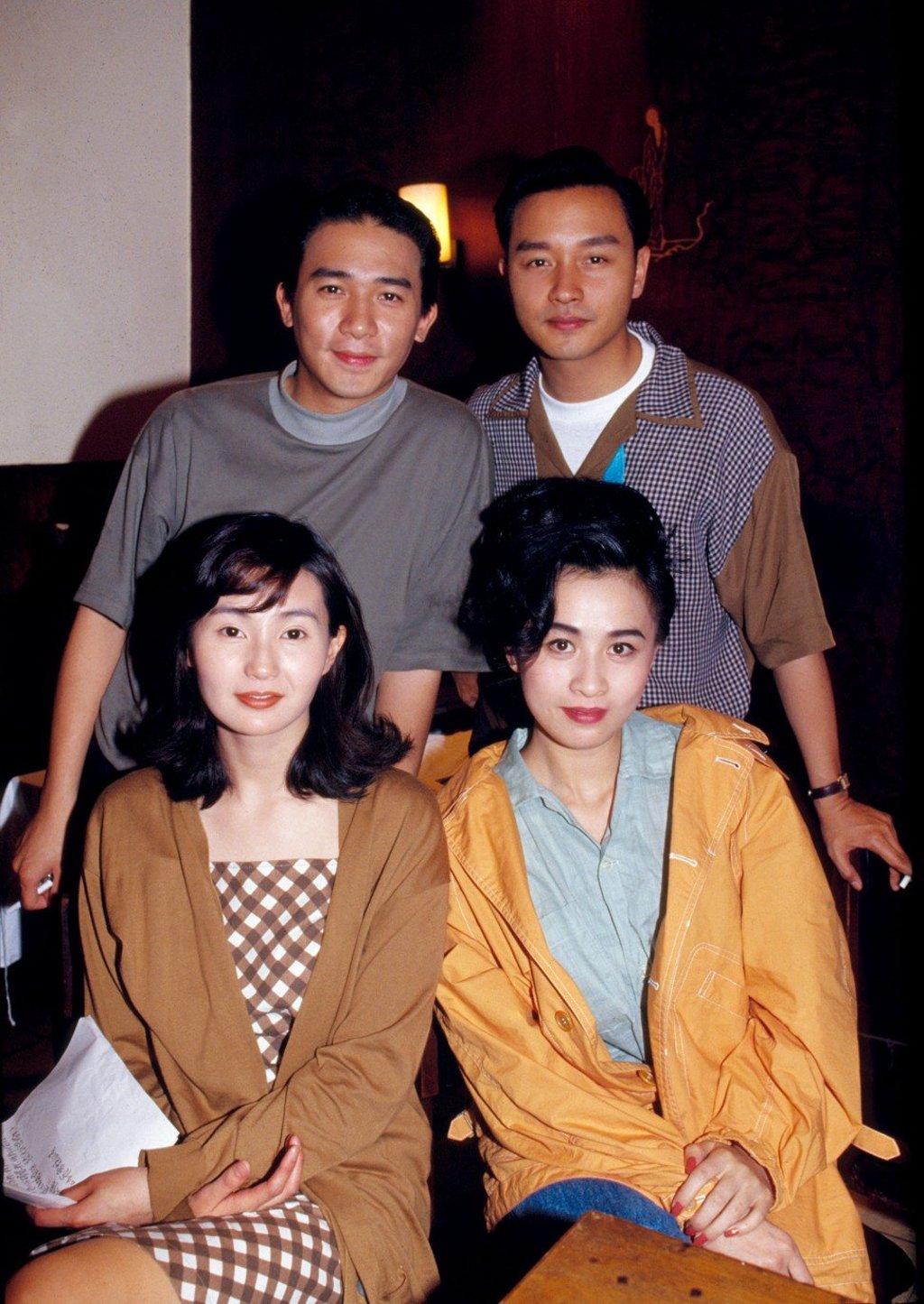Opera, gangsters and swordplay: the rise and fall of Hong Kong cinema
- Once known as the Hollywood of the East, the city’s cinema has taken a hit in recent decades, with imported Hollywood films besting local fare at the box office

It could be the dreamy neon-drenched images that won Wong Kar-wai a Lumière, or maybe it’s the kung fu magistery of Bruce Lee that come to mind when one thinks of Hong Kong movies. Regardless of what precisely it might be, it is undeniable that the city’s cinema once captured hearts worldwide, propelling local idols onto the international stage.
As a British colony, Hong Kong’s political and economic freedoms set it apart from mainland China and Taiwan, allowing it to supplant Shanghai’s cinematic supremacy by World War II, and eventually become the centre of Chinese-language filmmaking.
For decades, Hong Kong was Asia’s movie capital, dubbed time and again as the “Hollywood of the East”. Recently, however, tales of Hong Kong’s once thriving motion picture industry are sombre stories explaining its decline.

This week, City Weekend explores the long and colourful history of cinema in Hong Kong – its birth, its growth, and whether it is really, as suggested by some, a dying industry.
